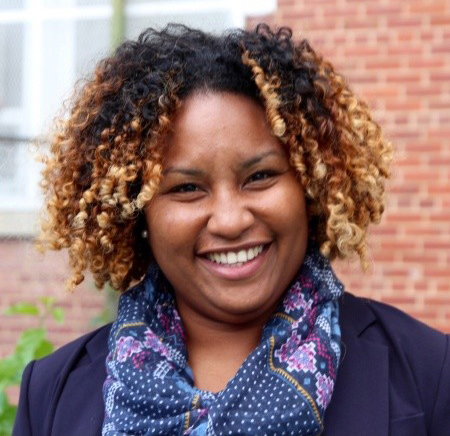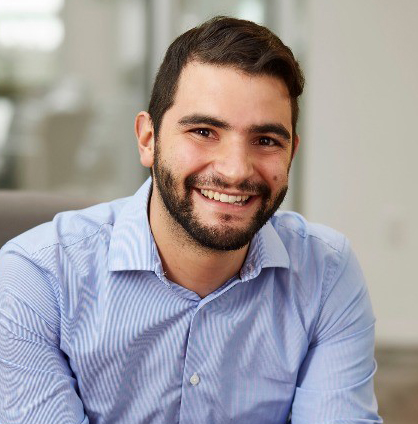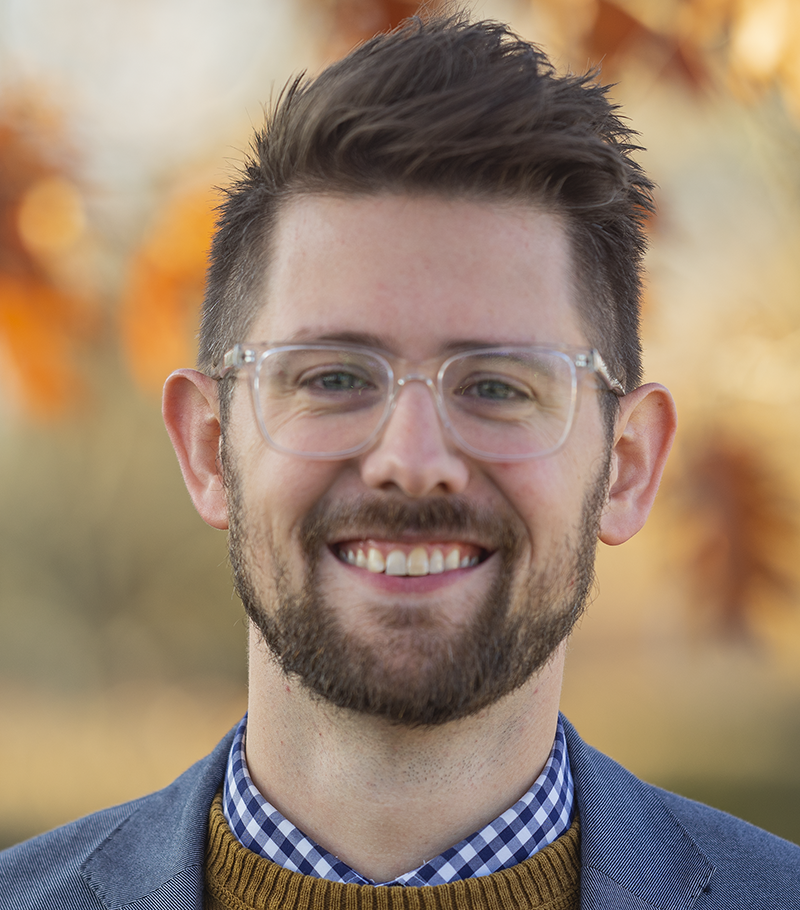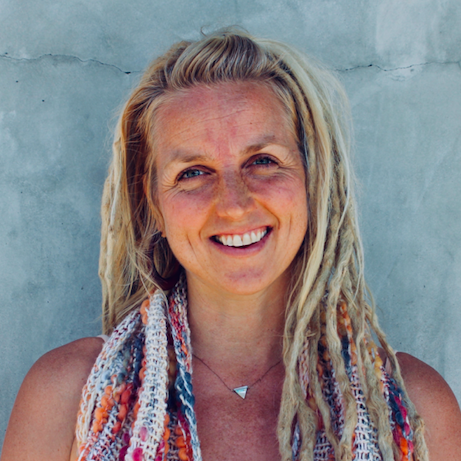 | 1.5 LU |
 | 1.5 LU |
Washington, D.C., has committed to modernizing all of its schools to be more sustainable, with a target of LEED Gold certification or higher. Our presenters see this as an opportunity to foster students’ understanding of sustainability and to integrate the modernization process into student learning. EcoRise, Perkins Eastman DC, CMTA and D.C. Public Schools have partnered on the modernization of John Lewis Elementary in Washington D.C.’s Ward 4 to connect green building features to classroom instruction and cultivate a school-wide culture of sustainability. Participants will leave this workshop with a better understanding of how the School as a Teaching Tool LEED innovation point can be leveraged to transform a modernized school into an applied laboratory for STEM and sustainability education. Before students can connect with sustainability concepts though, educators must first understand them themselves. DCPS has leveraged partnerships with EcoRise’s curriculum experts and facilitators, Perkins Eastman DC's designers and CMTA engineers to help teachers make authentic connections between core instructional concepts and the sustainable features of their schools. By connecting design teams with teachers and providing integrated, standards-aligned curriculum and hands-on resources like the interactive building dashboard, DCPS is empowering the next generation of green leaders to design sustainable schools and communities.
Learning Objectives:

Recognizing her passion for positively impacting the lives of children, Nikeysha began her career as an educator with Teach of America (TFA) and moved to Washington, DC. After TFA, she served in various capacities in Prince George’s County Public Schools including as a 2nd grade teacher, kindergarten teacher, and a math coach. From there, Nikeysha joined DCPS and has served as Assistant Principal at Watkins Elementary School and Interim Principal at LaSalle-Backus Education Campus. As a school leader, she has been instrumental in significantly increasing student achievement, building and sustaining partnerships with families, and developing staff capacity. Her educational philosophy is grounded in the following principles: all students have a right to high-quality education, all students can achieve, and every student needs a champion. Nikeysha holds a bachelor’s degree in management from Georgia Institute of Technology and a master’s degree in early childhood education from George Mason University.

Juan works for Perkins Eastman as a Sustainability Specialist on its Firmwide Sustainability Team. With a bachelor's degree in Architecture from Los Andes University in Colombia and a master's degree in Environmental Building Design from the University of Pennsylvania, Juan has combined his passion for sustainability and architecture in both his education and his career. Inclusive design and community engagement are priorities in the work Juan does on a daily basis, by generating the highest impact in the most vulnerable communities where he works. Juan is passionate about passive design, building science, and indoor environmental quality and has a high level of expertise around building performance computational tools and pre/post-occupancy evaluations.

Devin is a Mechanical Engineer that has spent 15 years at CMTA engineering growing as a building science leader. The Sphere interactive dashboard has been a passion project for Devin for the last 6 years and it's development and implementation has been a rewarding and creative outlet alongside high performance MEP design.

As a founding member of EcoRise, Kizzy has played various roles for the organization since its inception. She has over 15 years of youth development experience as an impassioned sustainability educator and youth facilitator. Fueled by her natural orientation toward supporting youths to discover their unique potential in shaping our future, she employs an inquiry-based approach that effectively engages participation, draws out collective knowledge, inspires creative problem-solving, and creates spaces for authentic and meaningful connections across differences. Her diverse experience in education spans classrooms and communities in Nigeria, Brazil, Jamaica, Hawaii, and Austin and includes: classroom teaching, group facilitation, program development, curriculum development, youth facilitator training, and leadership and professional development.
What is the learners’ experience? Who are they? How do they differ? How do they respond differently from one another to similar environments? Is there a one-size-fits-all solution? Or is a custom solution composed of aggregate parts more appropriate?
Primary Core Competency
Educational Visioning: Exhibits an understanding of best and next practices related to educational leadership, programming, teaching, learning, planning and facility design. Establishes credibility with educators, community members and design professionals while conceiving and leading a community-based visioning process. Demonstrates the ability to articulate the impact of learning environments on teaching and learning and uses that ability to facilitate a dialogue that uncovers the unique needs and long-range goals of an educational institution and its stakeholders – translating that into an actionable written/graphic program of requirements for the design practitioner.
Learning Units/Health, Safety, Welfare (LU/HSW)
This presentation emphasizes health and well-being at many scales ranging from the individual students to the school and the community and larger society and ecosystems that the students reside reside within. From the "Your Impact" interactive elements of the dashboard, to helping students understand their building and environment through examples of how their own bodies work, health and well-being in this presentation and this school are connected to environmental understanding and activism.